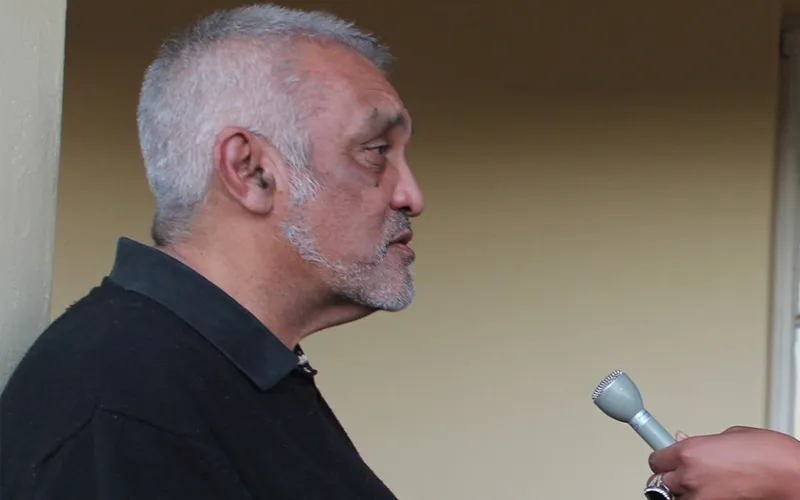Johannesburg, 11 March, 2022 / 9:00 pm (ACI Africa).
A Catholic Priest in South Africa serving as the Director of the Catholic Parliamentary Liaison Office (CPLO), an office of the Southern African Catholic Bishops’ Conference (SACBC), has said that the proposed policy on quotas for foreign workers in South Africa opens up room for discrimination.
On February 28, the Minister of Employment and Labor in South Africa, Thulas Nxesi, released the National Labor Migration Policy (NLMP) for public comment. The proposed policy that will be out for public comment for a period of 90 days aims, among other aspects, to limit the extent to which entities can employ the number of foreign nationals in possession of a valid work visa.
The proposed policy, which establishes quotas for foreign workers, also codifies the obligations of an employer engaging non-South African employees, be it in local corporates, foreign-owned small, medium, and micro-enterprises (SMMEs), or foreign platform service providers such as e-hailing drivers.
In an interview with ACI Africa, CPLO Director, Fr. Peter John Pearson, disapproves of the suggested quotas and describes them as a “reinvention of the old racial classification.”
“We would say that the way to go is not quotas, which looks to our mind as a kind of almost reinvention of the old racial classification”, Fr. Pearson said, adding that the move “just opens for discrimination; it kills the kind of entrepreneurial ship.”








